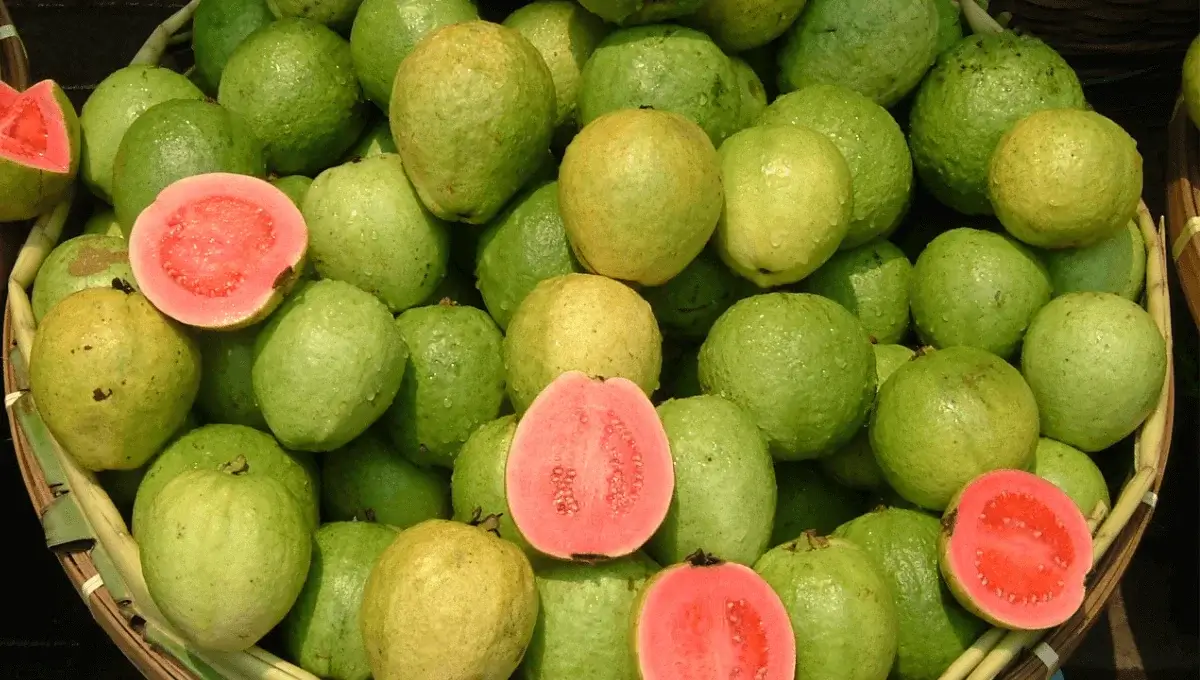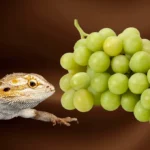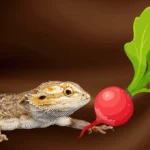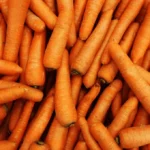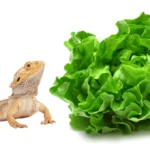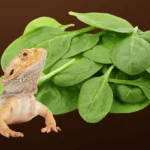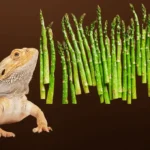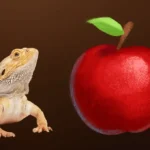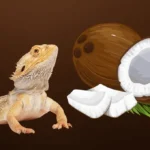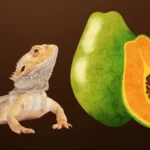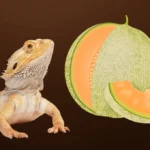Bearded dragons are popular pets known for their easygoing nature and fascinating behavior. To keep them healthy, it’s essential to provide a balanced diet that includes a variety of insects, leafy greens, and fruits.
While fruits are not a primary part of their diet, they can offer essential nutrients when given in moderation. One fruit that often raises questions among bearded dragon owners is guava. This article explores whether guava is safe and beneficial for bearded dragons, along with guidelines for feeding.
Nutritional Profile of Guava
Guava is a tropical fruit rich in nutrients, making it a popular choice in human diets. However, to determine if it’s suitable for bearded dragons, it’s important to examine its nutritional content.
Vitamins in Guava
Guava is packed with vitamins, particularly Vitamin C and Vitamin A. Vitamin C supports the immune system and skin health, while Vitamin A is crucial for vision, growth, and immune function in bearded dragons. Guava also contains Vitamin K, which aids in blood clotting and bone health.
Minerals in Guava
Guava is a good source of potassium, magnesium, and calcium. Potassium helps maintain fluid balance and supports muscle function, while magnesium plays a role in nerve function and bone health. Calcium is vital for preventing metabolic bone disease (MBD) in bearded dragons.
Fiber Content
Guava is high in dietary fiber, which can aid in digestion. However, the fiber content also means that guava should be fed in moderation to prevent digestive issues.
Sugar Content
Guava contains natural sugars, which contribute to its sweet flavor. While these sugars can provide quick energy, excessive consumption can lead to obesity and other health issues in bearded dragons.
Benefits of Feeding Guava to Bearded Dragons
Feeding guava to your bearded dragon can offer several benefits, especially when given in small quantities. Let’s explore some of these advantages:
1. Rich in Essential Vitamins
Guava is rich in vitamins that are beneficial to bearded dragons. The high levels of Vitamin C and Vitamin A can help support the immune system, improve skin health, and promote good vision.
2. Source of Calcium
Calcium is essential for bearded dragons to maintain strong bones and prevent metabolic bone disease. Guava contains a moderate amount of calcium, which can contribute to their overall calcium intake.
3. Hydration and Digestive Health
The high water content in guava can help keep your bearded dragon hydrated, especially in hot climates or during shedding periods. Additionally, the fiber in guava can aid digestion, although it should be monitored to prevent any gastrointestinal issues.
Risks and Considerations When Feeding Guava
While guava can offer some nutritional benefits, there are also risks and considerations to keep in mind when feeding it to your bearded dragon.
1. High Sugar Content
The natural sugars in guava can be a concern if fed in large quantities. Bearded dragons are prone to obesity and related health issues when their diet contains too much sugar. To mitigate this risk, guava should be offered sparingly as a treat rather than a staple food.
2. Potential for Digestive Issues
The high fiber content in guava can lead to digestive problems, such as diarrhea, if fed in excess. It’s important to introduce guava gradually and monitor your bearded dragon’s response.
3. Low Calcium to Phosphorus Ratio
While guava does contain calcium, it also has phosphorus, which can inhibit calcium absorption. The ideal calcium-to-phosphorus ratio for bearded dragons is 2:1, but guava has a lower ratio, meaning it should not be relied upon as a primary source of calcium.
How to Safely Feed Guava to Your Bearded Dragon
If you decide to include guava in your bearded dragon’s diet, it’s important to do so safely. Here are some guidelines to follow:
1. Choose Ripe Guava
Select ripe guava that is soft to the touch and has a pleasant aroma. Avoid unripe or overripe guava, as these may be harder for your bearded dragon to digest or could have reduced nutritional value.
2. Prepare the Guava
Start by washing the guava thoroughly to remove any pesticides or chemicals. Cut the guava into small, bite-sized pieces, removing any seeds that could pose a choking hazard or cause digestive issues.
3. Offer in Moderation
Guava should be considered a treat and offered in small amounts. A few small pieces once every two weeks is sufficient to provide the benefits without the risks associated with overconsumption.
4. Monitor Your Bearded Dragon
After feeding guava, observe your bearded dragon for any signs of digestive distress, such as diarrhea or lethargy. If your dragon shows any adverse reactions, discontinue feeding guava and consult with a veterinarian.
Alternative Fruits to Guava
If you’re looking to diversify your bearded dragon’s diet with other fruits, there are several safer options that can be offered more regularly. Here are some alternatives to guava:
| Fruit | Nutritional Benefits | Feeding Frequency |
|---|---|---|
| Blueberries | Low in sugar, high in antioxidants | Once a week |
| Mango | Rich in Vitamin A, supports digestion | Once a week |
| Papaya | High in Vitamin A, good for hydration | Once every 1-2 weeks |
| Apples (peeled and chopped) | Hydration, source of fiber | Once a week |
Conclusion
Guava can be a nutritious treat for bearded dragons when offered in moderation. It provides essential vitamins, calcium, and hydration, making it a beneficial addition to their diet. However, due to its high sugar and fiber content, guava should be fed sparingly and with caution. Always ensure that your bearded dragon’s diet is balanced, with a focus on leafy greens, vegetables, and insects, and use fruits like guava as occasional treats. By following the guidelines for safe feeding, you can help ensure that your bearded dragon remains healthy and happy.
